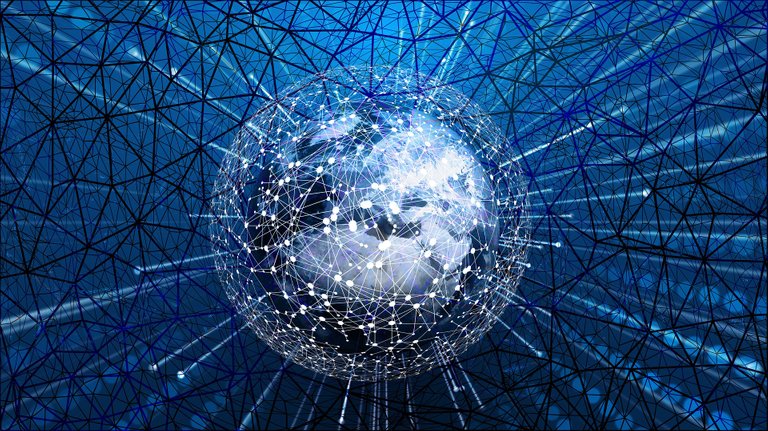
The Internet of Things(IoT) has the ability to connect all devices through a cloud-based ecosystem. It could in the future secure the infrastructure of smart cities to make communication more streamlined and efficient. Nonetheless, a major obstacle for IoT is that it is mainly dependant on centralized platforms. This makes sensitive data vulnerable to hackers.
Blockchain technology has the power to fix this problem. Blockchain technology is a form of distributed ledger technology that records data in ways that prevent data from getting hacked and altered. It does this by duplicating transactions and dispersing them to "nodes" across the network.
Blockchain would allow smart contracts to be completed autonomously in a decentralized way, therefore creating a web of connected devices that gives users control over their data.
For all IoT devices to communicate with each other, they must be on the same blockchain. The future IoT will rely on a network of blockchains, therefore making scalability an obstacle in merging IoT and blockchain, as a lot of blockchains have yet to reach that level of maturity.
Even with the present obstacles, the integration of blockchain and IoT would be revolutionary. It would create a record of every transaction made on the IoT, which cannot be altered or hacked, making data a lot more secure. It would also streamline the supply chain, from manufacturing lines to consumers giving every stakeholder access to documentation when required. It will bring about the interconnection between industries.
Revolutionizing Healthcare and finance
With the recent wave of COVID-19, vaccine distributors and health care workers worldwide are living in a logistical nightmare. The two most common vaccines Pfizer and Moderna must be kept at below zero degree temperatures or they will degrade. This challenge is an example of how blockchain and IoT can work together to streamline operations and improve distribution.
These vaccine manufacturers can place IoT sensors on vaccine packaging which will allow distributors to track and monitor their location and temperature during delivery, and quickly spot and fix the problems as they arise. When they arrive at the vaccinations centers, the health workers can scan the package and get important information about the quality of the vaccines.
Blockchain and IoT can revolutionize finance through smart payments. Blockchain networks can fuel transactions between devices, and it is possible to build a marketplace where satellites send data to one another in exchange for a fee. A system like that for instance could allow a smart refrigerator connected to the IoT to order food from an e-commerce site when it runs low and gives an autonomous vehicle the ability to buy gas.
While the problems and challenges for IoT and blockchain remain, it is without a doubt that the integration of these two has the potential to impact our world greatly.
Portions of your writing do not appear to be original. Your text appears to originate from the following article that was posted sometime in 2021: Why the Future Internet of Things Depends on Blockchain
I have listed an example below, but there are others. Are you the author of the referenced article?
You have also plagiarized the following material on other tribes:
Source of plagiarism
There is reasonable evidence that this article has been spun, rewritten, or reworded. Posting such content is considered plagiarism and/or fraud. Fraud is discouraged by the community and may result in the account being Blacklisted.
Guide: Why and How People Abuse and Plagiarise
If you believe this comment is in error, please contact us in #appeals in Discord.